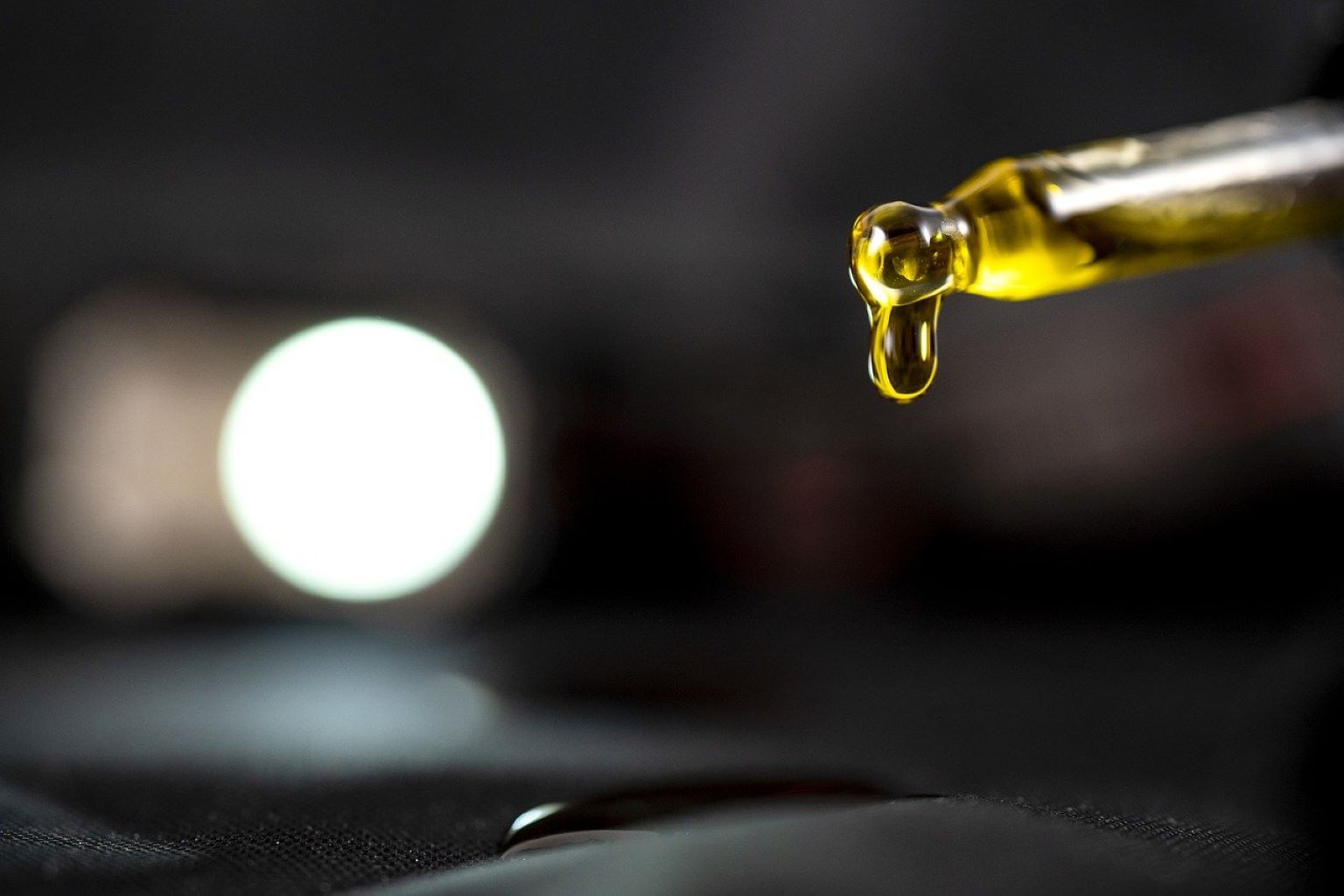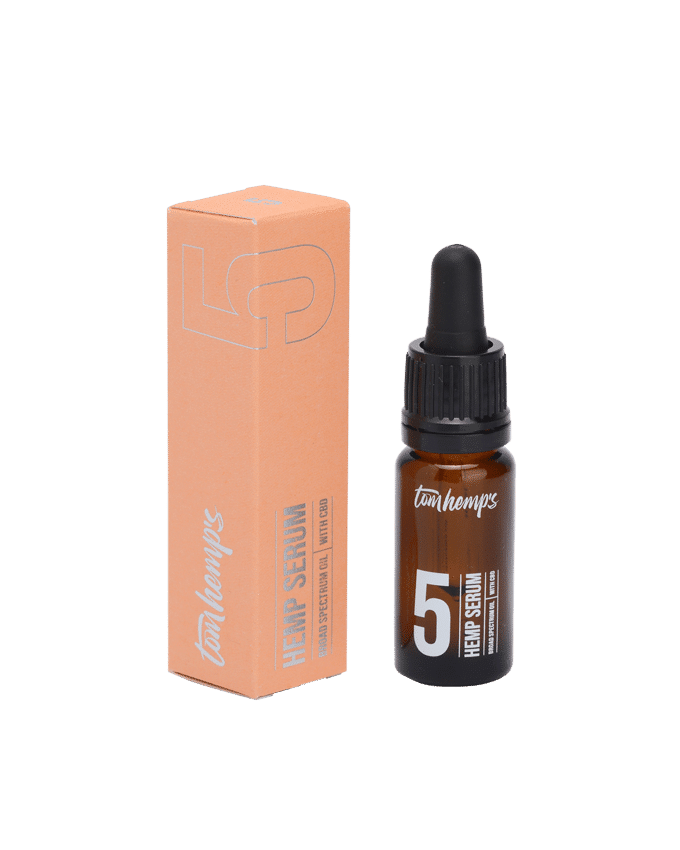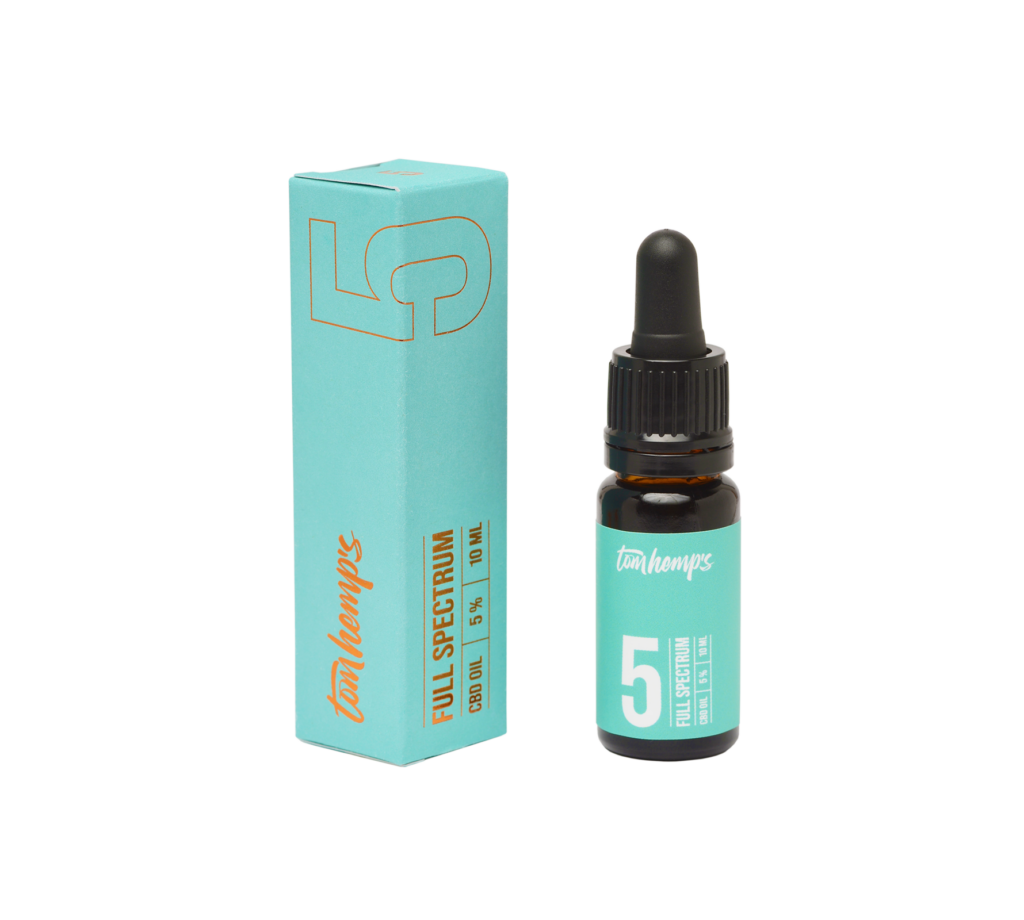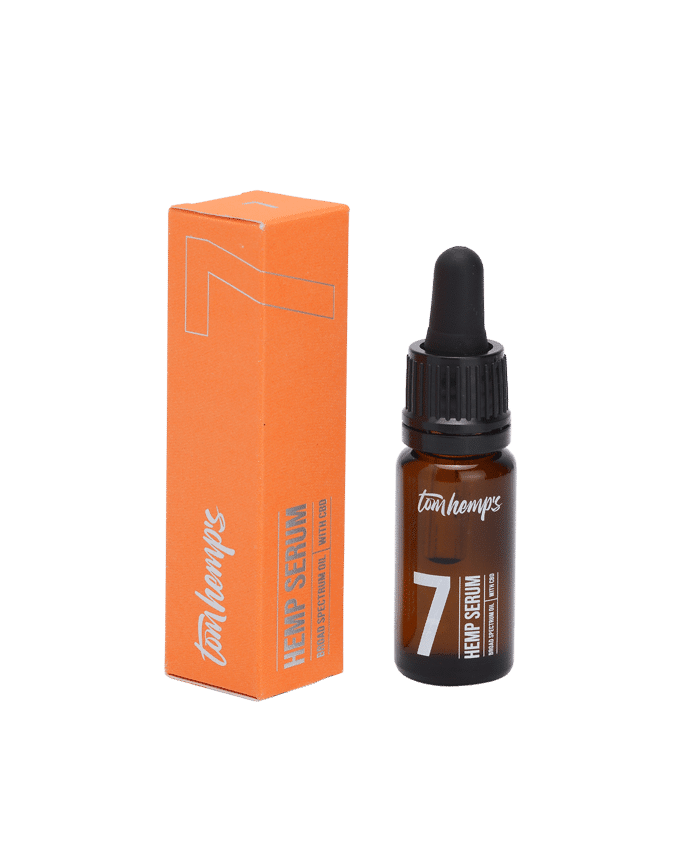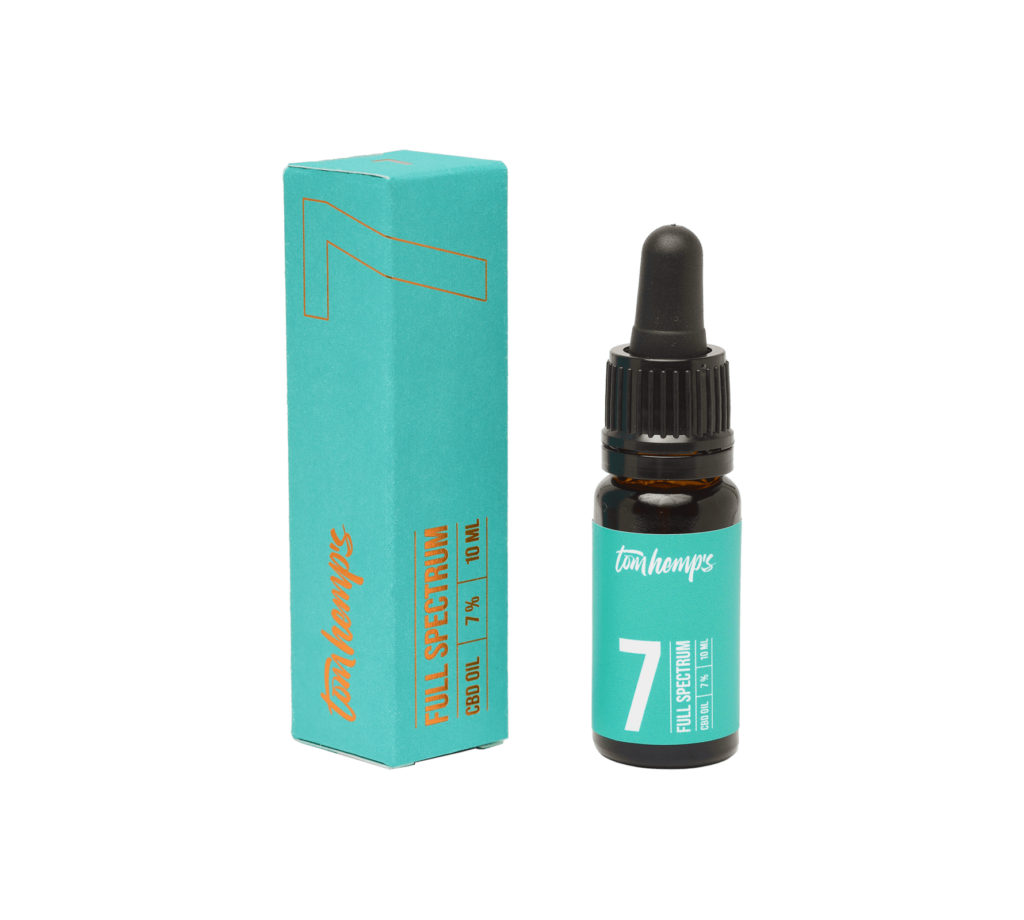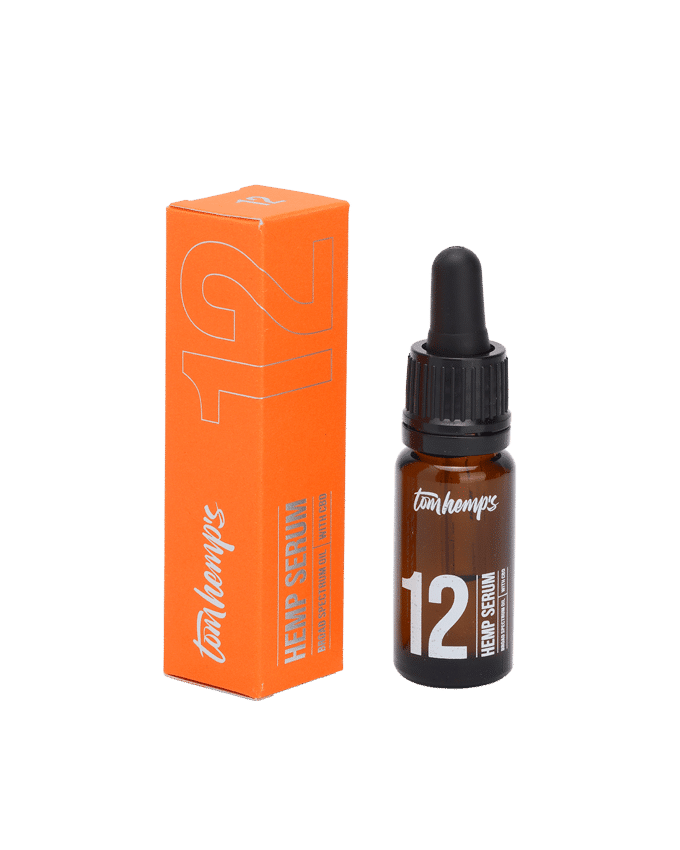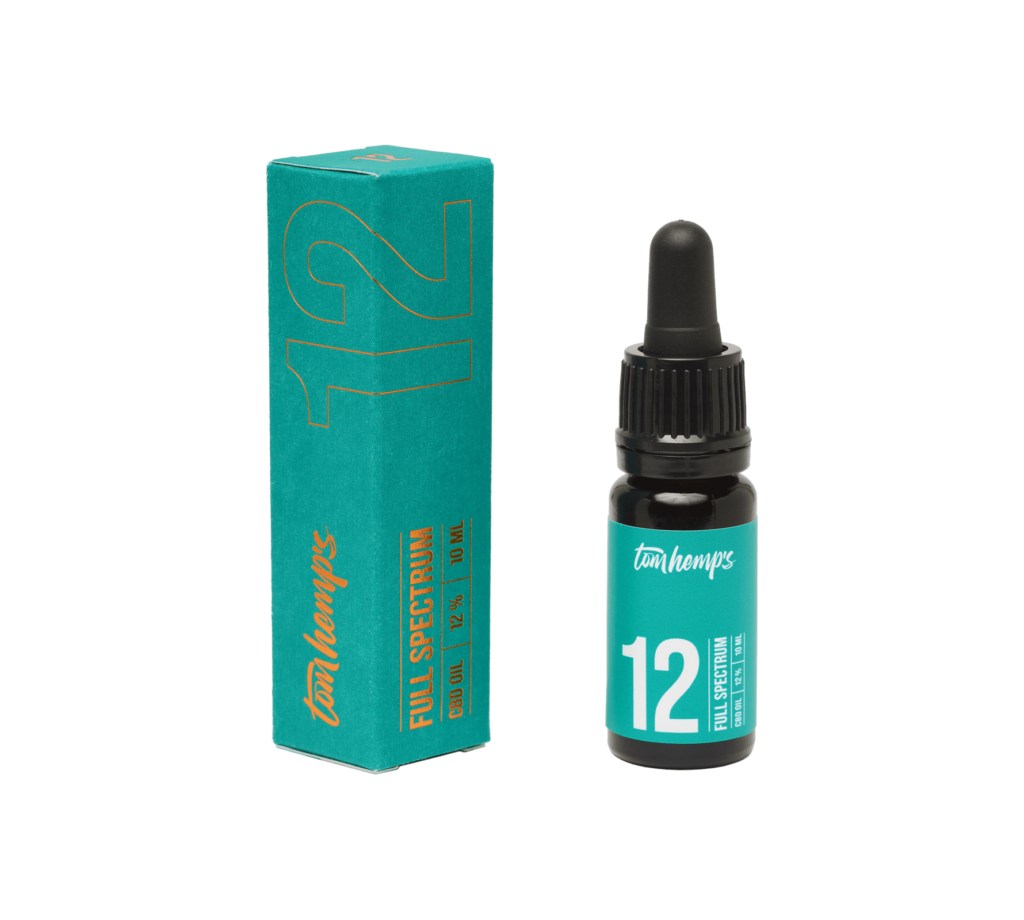Full Spectrum vs Broad Spectrum vs CBD Isolate: The Difference Explained
There are three different types of cannabinoid spectrum choices: full spectrum CBD, broad spectrum CBD, and CBD isolate. Understanding these labels is important when recognizing the cannabinoid ingredients inside your choice of CBD oil. Each type has unique benefits, depending on your preferences.
CBD oil doesn’t necessarily solely contain cannabidiol compounds. Cannabis sativa synthesizes over 100 phytocannabinoids, with CBD and THC being two of the most well-recognized cannabinoids in the scientific community.
Each spectrum identifies the various other components that work alongside the CBD molecules, enhancing the wholesome CBD benefits. When raw hemp goes through the extraction process, cannabinoids, flavonoids, and terpenes become stripped from the material and then infused into a carrier oil; however, the cannabinoid profile of your CBD oil may be different based on the strain of cannabis used during the process.
Hemp-based extracts, for example, will usually contain less than 0.2 percent THC – making them non-psychoactive and retaining high amounts of CBD. Other times, cannabis extracts are pulled from strains that have an equal CBD-to-THC ratio.
What each CBD manufacturer does with the extracted cannabinoids will determine whether the final product is labeled full spectrum or broad spectrum – and in some cases, just a CBD isolate. Here’s what each cannabis spectrum means:
- Full-spectrum CBD: Full-spectrum CBD contains small amounts of all components of the cannabis plant. That means it can have trace amounts of tetrahydrocannabinol (THC). Legal full-spectrum products will always have less than 0.3 percent THC. In countries where cannabis is fully legal, you may also be able to find full-spectrum products with higher levels of THC
- Broad-spectrum CBD: This type of CBD does not contain THC. It does contain other components of the cannabis plant, though, so it won’t be 100-percent CBD alone. Consider it the middle child of the three CBD choices.
- CBD isolate: Your pure CBD product, isolate contains no other compounds found in cannabis, except for the CBD itself.
Exploring the Cannabinoid Spectrum
As you’ve probably figured out, the cannabinoid spectrum range contained within a product is what determines whether the product is full spectrum, broad spectrum, or CBD isolate.
So, how does that work exactly?
To create a CBD product, the cannabinoid content is extracted from the Cannabis plant, using methods such as CO2 extraction. During this process, other compounds found within the plant are also extracted, including terpenes, flavonoids, and other cannabinoids.
Depending on the strain and classification used for extraction, the composition and cannabinoid profile will differ. For instance: Hemp, which is a classification of Cannabis Sativa, contains little to no THC, compared to the Cannabis Indica strain, Pennywise, which contains a 1:1 CBD to THC content ratio.
Depending on the purpose of the end-product, companies will choose to extract from a strain of Cannabis that best suits their needs. Once extracted, the company can then choose to refine the extract to contain only specific cannabinoids and plant parts.
The contents of the refined extract are what determines if the CBD extract is full spectrum, broad spectrum, or CBD isolate. Now let’s discuss what each term means and help point you in the direction of which is best for you.
How about Full Spectrum CBD?
Full spectrum CBD means that it uses all the phytochemicals found in Cannabis sativa; this includes cannabidiol along with terpenes, essential oils, and other cannabinoids, which means THC. However, the THC content can still be under 0.3 percent.
Even though the THC content of the full spectrum CBD oil for sale is negligible, full-spectrum CBD can trigger a false positive drug test reading if you’re consuming high doses of it regularly. But you may never feel the psychoactive effects from the trace amounts of THC.
The active compounds extracted from hemp and placed inside of full spectrum CBD work together to enhance the benefits expressed by the individual cannabinoids. When these compounds and cannabinoids work synergically like this, they produce what’s called the entourage effect.
What is the Entourage Effect?
The entourage effect refers to cannabis components working together to boost or intensify the benefits of hemp. Other than CBD, full spectrum extracts will contain additional cannabinoids, including:
- Cannabinol (CBN) – a cannabinoid made from oxidized THC. The longer raw cannabis matures, the more CBN it will create from THC; CBN typically works as a mild sedative.
- Cannabigerol (CBG) – a non-intoxicating cannabinoid produced from cannabigerolic acid during decarboxylation; it also contains antibacterial and anti-inflammatory properties.
- Cannabidivarin (CBDV) – a minor cannabinoid with a molecular structure similar to that of CBD; its beneficial properties are widely unknown due lack of research.
- Cannabidiol acid (CBDA) – the 2-carboxylic acid form of CBD and an essential ingredient found in raw cannabis; it’s known for its anti-inflammatory characteristics.
- Cannabichromene (CBC) – a cannabinoid that particularly comes from tropical-region cannabis; it is useful for a variety of beneficial effects.
With full spectrum CBD, the added terpenes and cannabinoids can affect cannabinoid receptors – either blocking or allowing other cannabinoid molecules to bind or communicate with the connectors.
In a 2015 study, scientists concluded that full spectrum CBD provides better effects at higher doses because it uses compounds from the entire hemp plant rather than isolated CBD. Participants from the study using full spectrum CBD reported more substantial relief in comparison to a CBD isolate.
So what is CBD Isolate then?
In scientific terms, an isolate is the purest form of a compound, which is produced by singularly extracting that compound from its environment and isolating it from all other compounds. With that being said, CBD isolate is the purest form of CBD, which is produced by removing all other compounds found in the plant including terpenes, flavonoids, plant parts, and other cannabinoids.
CBD Isolate is typically extracted from Hemp, due to its low to non-existent THC-content.
What is Broad Spectrum CBD?
Broad spectrum CBD is a bit of a mix between Full Spectrum CBD and CBD Isolate. Like Full Spectrum CBD, the other compounds found within the plant are preserved in the extract; however, like CBD Isolate, THC is completely removed. Because Broad Spectrum CBD contains multiple cannabinoids, it can deliver the enhanced benefits of the “entourage effect,” without the risk of psychoactive effects of THC.
What Type of CBD Should You Use?
Now that you have a general understanding of each type of CBD, you’re probably wondering why someone would prefer one over the other; and more importantly, which type you should choose.
First of all, either of the types isn’t better than the others. This is not a race, okay?
Every individual has different needs, and this determines which type of CBD is best-suited for their unique conditions. To help point you in the right direction, I’ve put together some pros and cons of each type, along with situations each would typically be best for.
CBD Isolate
The purest form of CBD, in which all other plant compounds and cannabinoids have been completely removed.
Who is it for?
- Those who were recommended to specifically take high doses of CBD
- Those with sensitivity to THC or other cannabinoids
- Those who regularly undergo drug screening tests
- Those who prefer light flavors or no flavor
- Those living in places that have strict THC-laws
- First-time users that may be hesitant about other cannabinoids
PROS:
✔ CBD in its purest form
✔ Safe
✔ Tasteless and odorless
✔ Will never test positive for THC
✔ No risk of psychoactive effects
CONS:
➖ It doesn’t have the complete effects of the entire cannabis plant
Full Spectrum CBD
CBD that has been extracted from the cannabis plant along with all the other compounds and cannabinoids.
Who is it for?
- Those who were recommended a certain THC to CBD ratio
- Those with more severe conditions or conditions that CBD isolates, and Broad Spectrum could not alleviate
- People living in places where Cannabis is legal
PROS:
✔ Goes through fewer processes to produce
✔ Offers the full “entourage effect” of the Cannabis plant
CONS:
➖ May have psychoactive, sedative or other unwanted side effects
➖ Can show up on drug tests
➖ The THC content may cause legal complications
➖ Can have strong natural flavor and odor
Broad Spectrum CBD
CBD that has been extracted from the cannabis plant along with all other compounds and cannabinoids, except THC.
Who is it for?
Those people with conditions that CBD isolate alone could not alleviate
Those with sensitivity to THC
People living in places that have strict THC-laws
First-time users that are hesitant about THC
PROS:
✔ Offers the full “entourage effect” of the Cannabis plant
✔ No risk of psychoactive effects
CONS:
➖ There is less research and availability
➖ Can have strong natural flavor and odor
Now that you know more, you can choose which of these Tom Hemp’s products work for you!
SHOP – Full Spectrum, Broad Spectrum, CBD Isolate
Photo: everweedcbd / Pixabay
